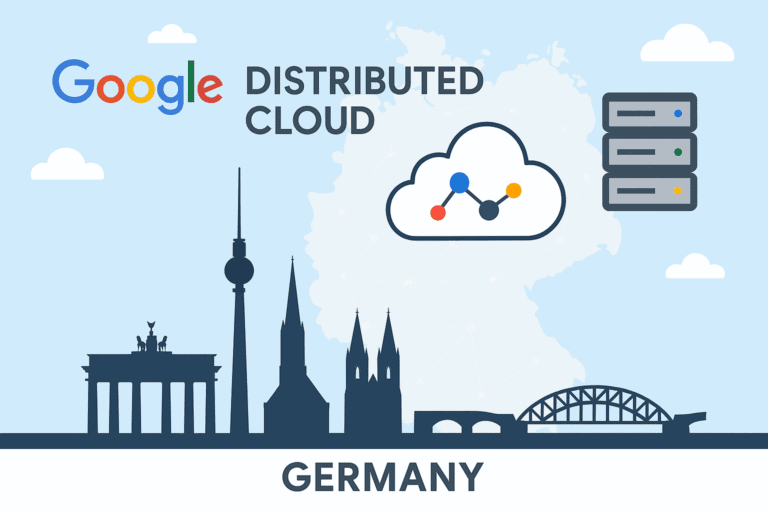Google has signed a contract to provide cloud infrastructure to the German armed forces, the Bundeswehr. The Bundeswehr will receive two physically separate cloud environments that operate completely isolated from Google. This is the air-gapped version of the Google Distributed Cloud solution, The goal is to have the cloud operational by the end of 2027.
BWI GmbH, the IT service provider of the German armed forces, has signed an agreement with Google Cloud Public Sector Deutschland GmbH. The contract covers the purchase of the Google Distributed Cloud solution for military purposes. The cloud solution will be installed in the Bundeswehr’s own data centers and will be referred to as pCloudBW. There are several versions available, but Germany has opted for the air-gapped version. This meets the highest security standards and is a true sovereign cloud. IT management and maintenance can be performed locally, with no connection to Google. Google, therefore, has no access to these systems.
“The Bundeswehr has control over its own data at all times and meets its requirements in terms of information and data security,” Google Cloud emphasizes in the announcement.
SAP software requires a specific environment
BWI will set up two physically separate cloud environments, ensuring that if one of them fails, all services will remain available. A key reason for choosing Google Cloud is that the Bundeswehr utilizes SAP software for logistical and administrative purposes. This software must run on SAP’s “Business Technology Platform” (BTP), which has specific system requirements.
The German armed forces are pursuing a ‘cloud-first’ strategy, whereby future services must generally be available in the cloud. BWI also plans to use open-source software more frequently in pCloudBw in the future, to reinforce its “claim to digital sovereignty.”
Digital sovereignty is becoming increasingly important
The issue highlights the growing importance of digital sovereignty in the IT world. The recent case in which Microsoft blocked the email account of the chief prosecutor of the International Court of Justice clearly demonstrates the risks.
Microsoft claimed that it wants to guarantee digital sovereignty in Europe, for example, by making software source code available in Switzerland and building additional data centers. However, the blockade of the ICC demonstrates that this has little practical effect. As long as there is no European alternative to the American cloud players, the choice that BWI is now making is a logical one. By choosing the air-gapped version of Google Cloud, the company can run business-critical applications securely in its own sovereign data center, which belongs to the Bundeswehr. It also complies with the cloud-first strategy, without the United States having access to the data.
